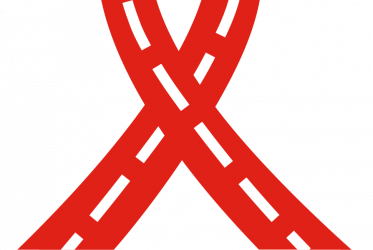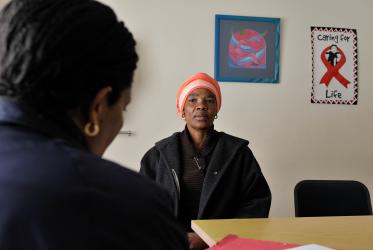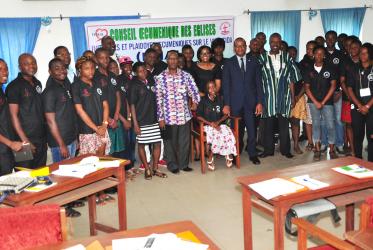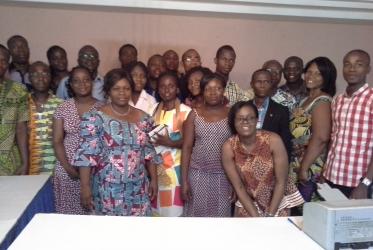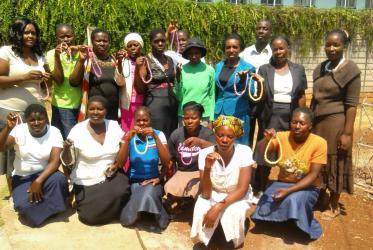Displaying 101 - 120 of 140
17 July 2016
AIDS 2016: “Stigma kills more people than HIV”
17 July 2016
In Ghana, women bring open minds, honest words
05 July 2016
Local work by faith-based groups key to ending AIDS
27 June 2016
Voices from HIV workshop reflect deep impact
07 April 2016
Faith at AIDS 2016: WCC preparing for faith in action
10 March 2016
Sorry child, but I’m HIV-positive
10 December 2015
Person with disability shares reflection on AIDS conference
10 December 2015
Placing family in the HIV response vanguard
10 December 2015
Overcoming discrimination to address HIV in Zimbabwe
11 November 2015
Training empowers women affected by HIV and AIDS in Zimbabwe
10 November 2015


